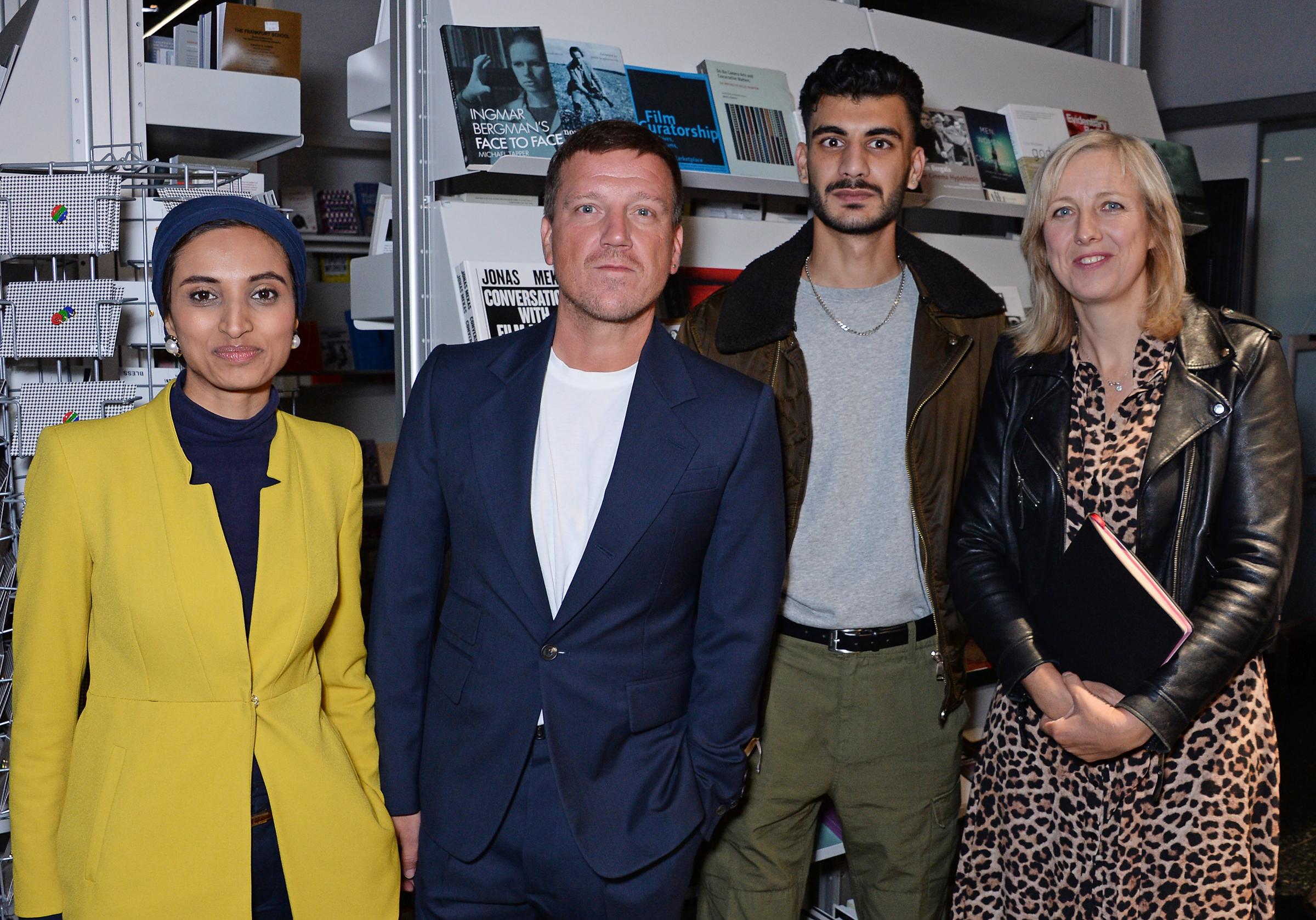
BUSINESSMAN and arch-Brexiteer Arron Banks has won a bid to appeal after losing his High Court libel claim against investigative journalist Carole Cadwalladr.
Banks, a major donor to the Leave.EU campaign in the run-up to the 2016 referendum, sued Cadwalladr for libel over a statement she made in a TED Talk and a tweet she later posted which included a link to the talk.
During the talk, which has been viewed by more than five million people since it was first broadcast online in April 2019, Cadwalladr referred to Banks and the “lies” that he had told “about his covert relationship with the Russian government”.
Banks - formerly the biggest donor to Ukip - argued that the statements made by Cadwalladr were “false and defamatory” and sought damages and an injunction to restrain the continued publication of the remarks, which are still available to view online.
In a ruling earlier this month, Justice Steyn dismissed Banks’ claim, concluding that the Guardian and Observer journalist held a “reasonable belief” that her comments were in the public interest.
However, on Friday lawyers for Banks successfully made a bid to challenge part of the judgment at the Court of Appeal.

In her ruling, Justice Steyn said there was a “significant change of circumstances” in April 2020, after Banks settled a legal claim with the Electoral Commission.
The watchdog had referred the Leave.EU co-founder to the National Crime Agency (NCA) after his campaign was fined for breaking electoral law.
But investigators found “no evidence” of criminal offences and the commission said that it “accepts” the NCA’s conclusions in a public statement.
In her judgment, Justice Steyn found that Cadwalladr could no longer defend the claims she had made in the TED Talk from the date of that statement under the public interest.
However, she also ruled that Banks had failed to prove that the TED Talk had caused or was likely to cause “serious harm” to his reputation from that date, dismissing his claim.

During Friday’s hearing at the High Court in London, Sara Mansoori QC, representing Banks, said the judge had been wrong to find that the issue of whether her client had suffered “serious harm” needed to be decided again after he had previously proved it.
In written submissions, she said: “The claimant succeeded in discharging the burden of establishing that the publication complained of had caused and was likely to cause serious harm to his reputation.
“At that point, it was for the defendant to demonstrate that she had a defence to the original publication and/or its continuing publication.”
Gavin Millar QC, for Cadwalladr, opposed the appeal bid, arguing the judge “was correct to consider the application of the serious harm test afresh”.
However, Justice Steyn gave Banks the go-ahead to appeal on this point, rejecting four other grounds.
She said: “I am going to grant permission. It does raise clearly an issue of law that has not been determined previously.
“There is a real prospect of success on that ground.”







